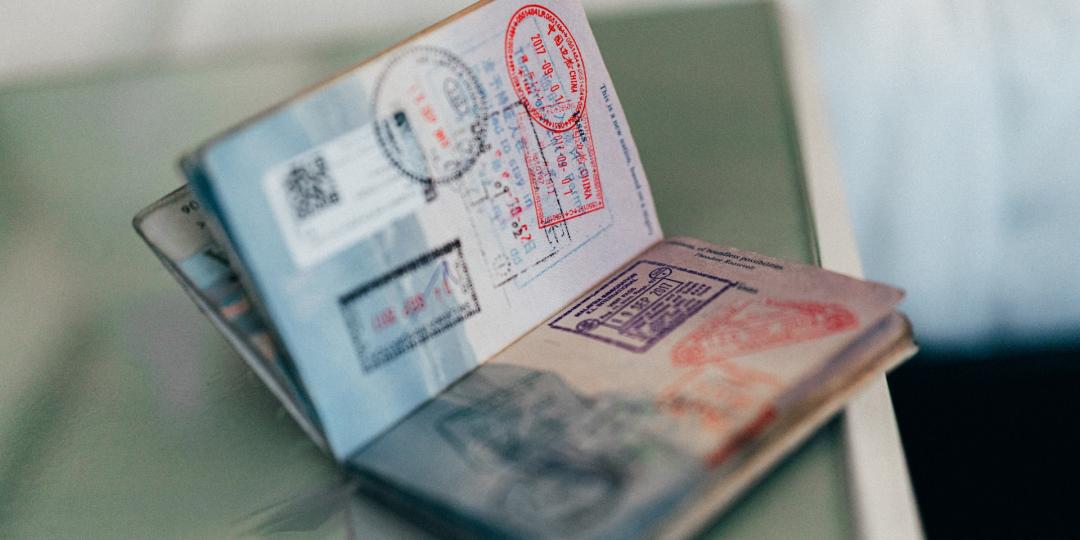Mozambique’s rapid deployment of a functional eVisa programme has demonstrated the country’s resolve to stimulate tourism, and should be a catalyst for neighbouring countries to act with the same urgency, according to industry experts.
President Felipe Nyusi announced the roll-out of the eVisa platform in August 2022, as part of a package of economic stimulus measures (including additional visa reforms). By December, the system had been launched. Despite still experiencing some teething problems, the system had, by late February, already processed 6 700 applications, with an average reported turnaround time of around 24 hours.
“We commend the will and urgency with which the Mozambique government has implemented the system. It demonstrates that government is serious about increasing the number of visitors to the country and taking action to do so,” said business development expert, Cordelia Masher, co-founder of Destination Mozambique.
Masher encouraged any travellers who had experienced problems with the system to report them to Destination Mozambique so that the issues could be taken up with government.
“It’s important to recognise that the system is still in its infancy. So we want to address any issues that may be hampering the eVisa from being as efficient and impactful as it can be. There is no doubt that it has started to help solve the struggles around visa processing, which have historically been a major deterrent to tourism to Mozambique,” said Masher.
The economic stimulus package also includes an expanded list of countries added to the country’s visa waiver regime. The measure has already been approved by legislation and is set to take effect by as soon as April.
“Other African countries can certainly take a leaf out of Mozambique’s book,” said Masher.
South Africa should take note
The lack of a functional eVisa programme has been a major frustration for the tourism sector in South Africa. Industry-leading bodies including FEDHASA, SATSA and the Tourism Business Council of South Africa, along with leading hotel groups, tour operators and tourism experts, have long bemoaned the lack of urgency in rolling out the system.
“Promises to fast-track the eVisa process have been coming from the Department of Home Affairs (DHA) for many years, but it is evident that there is little will or urgency to do this,” said Gillian Saunders, an independent tourism and hospitality adviser.
President Cyril Ramaphosa has also repeatedly promised to fast-track the eVisa implementation, stating in his February 2021 State of the Nation Address that the country “will undertake a full roll-out of eVisas to visitors from China, India, Nigeria, Kenya and 10 other countries”.
In the same month, Saunders provided inputs to the Presidency and National Treasury on the progress and recommendations on enhancing South Africa’s visa regime, after visa reforms were included under Operation Vulindlela – a set of crucial structural reforms needed to recover the COVID-stricken economy.
“We need a world-class eVisa system implemented as soon as possible and rolled out to all visa requiring countries over time, especially China, India and Nigeria. The South African eVisa system should be able to handle large volumes, should be easy to use, and should have limited documentation requirements. In its end state, it should be an intelligence-based system with a very quick turnaround for most visa issuance. And it should, as soon as possible, have interfaces in key languages, particularly Mandarin,” said Saunders in her inputs.
Slow progress
Saunders said that, to date, the eVisa process had not progressed past the stage of simply being an online application procedure.
“In line with best-practice, an eVisa would have a high degree of automation. In reality, what we currently have is an online application system that is still very manual in nature when it comes to processing. There is currently no plan to progress to an intelligence-based system that would allow adjudication to be completed automatically with only high-risk applications flagged for manual review,” Saunders stressed.
The Africa Visa Openness Index, a joint initiative of the African Development Bank and the African Union Commission, ranks South Africa 33rd out of 54 African countries.
Late last year, in the DHA’s latest public disclosures on visa processing, Home Affairs Minister, Aaron Motsoaledi, told Parliament that South Africa’s visa backlog stood at more than 56 500 applications, which it hoped to clear by mid-2024.






















